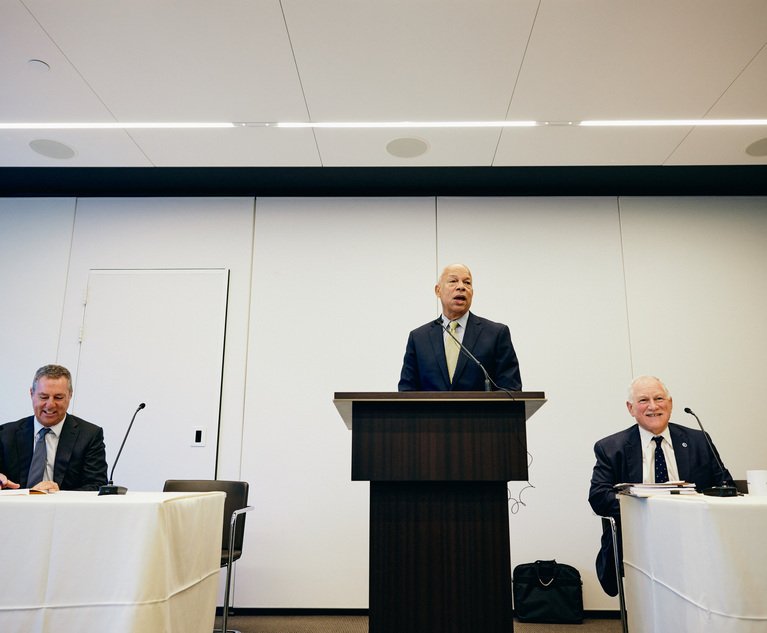Regardless of whether a lawyer works for a firm, herself, a corporation, a governmental entity or a not-for-profit, a significant key to success is becoming a better listener. We have described in a prior article—A Need for Lawyers With Empathy—that practicing a form of empathy, or careful listening toward better understanding clients’ needs, can yield powerful advantages, including both a stronger practice and more successful client outcomes. The journey for lawyers in becoming empathic listeners and empathy researchers is one that can be accomplished through a more intentional embrace of practice and client management principles. While this activity can be described in a framework, such as what we present here as a disciplined “design-thinking” or “human-centered design” approach, there are certainly additional and alternative pathways that could be developed and refined.
Starting at the core, service professions are built on the trust of clients and expectations that their problems will be solved. Clients today seek out lawyers and other service professionals to help unravel complexity and to work, or collaborate, with them to develop pathways to good results. This means that clients expect, if not demand, that their lawyers understand the external environment and forces that brought them to seek legal advice in the first place. We also hear that clients do not want textbook or doctrinal answers; they seek innovative, market-immersed thinking from their go-to lawyers.










